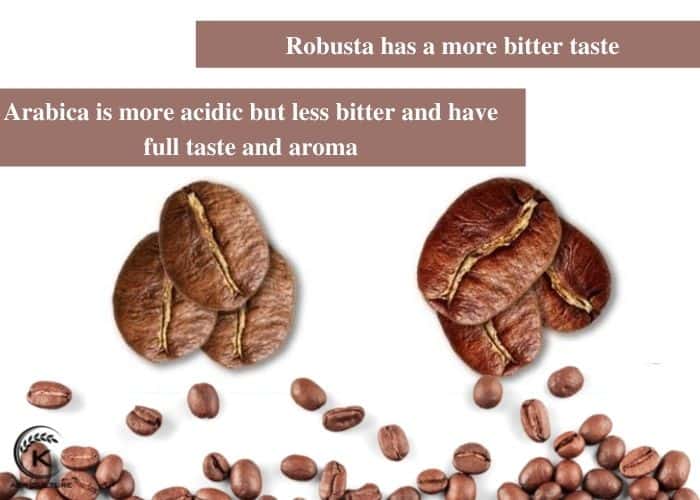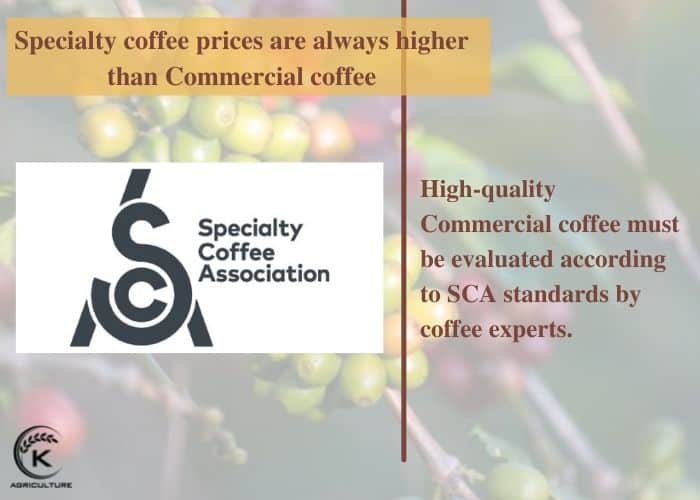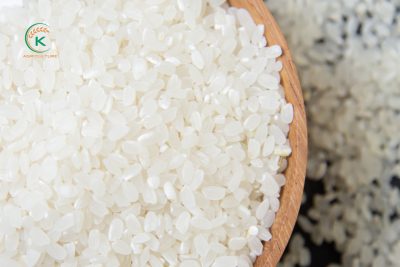Specialty coffee is considered the “Queen of coffee” while Commercial coffee is supplied with a large quantity and many varieties in the trading market. Therefore, there are many differences between Specialty coffee vs Commercial coffee.
Contents
Comparison of Specialty coffee vs Commercial coffee
This table below is the common comparison of Specialty coffee vs Commercial coffee
| Specialty coffee | Commercial coffee | |
| Picking method | Picked by hand | Picked by hand or stripped picked |
| Grade | G1 | G2-5 |
| Processing methods | Washed or Honey | Washed, Dry, Honey |
| Coffee beans standards | Have zero Primary defects and less than five Secondary defects | Not evaluated |
Differences between Specialty coffee vs Commercial coffee
There are many ways to distinguish Specialty coffee vs Commercial coffee according to the types of coffee, taste, and prices.
Types of Specialty coffee vs Commercial coffee
Most Specialty coffee is high-grade Arabica while Commercial coffee includes other types of coffee like low-grade Arabica, Robusta, etc. Arabica coffee trees are planted and cared for in favorable natural conditions, which is only in countries in the coffee belt. Arabica coffee trees are also vulnerable and give lower yields but high-quality fruits. On the other hand, Robusta coffee trees are easy to grow, difficult to get infected like coffee rust, and give high yields.

Types of Specialty coffee vs Commercial coffee
Taste of Specialty coffee vs Commercial coffee
The idea why the specialty coffee market only consists of top quality Arabica coffee beans is that they are more acidic but less bitter and have full taste and aroma. On the contrary, Robusta has a more bitter taste and is often used as supplements for Arabica coffee to enhance caffeine and a strong body.

Taste of Specialty coffee vs Commercial coffee
Price of Specialty coffee vs Commercial coffee
Specialty coffee prices are always higher than Commercial coffee because Specialty coffee undergoes many strict developments from growing, picking, processing, roasting, to brewing. All stages need to be done by hand, that request farmers have time, capacity, and experience as well as professional knowledge about coffee. Sometimes, the Specialty coffee prices are twice as much as Commercial coffee.

Price of Specialty coffee vs Commercial coffee
Also, High-quality Commercial coffee must be evaluated according to SCA standards by coffee experts. If getting 80 points out of 100, that Commercial coffee will be marked as Specialty coffee. With complicated selective processes, Specialty coffee is the highest quality coffee bean with a higher price while Commercial coffee is freely traded in the market.

Price of Specialty coffee vs Commercial coffee
Related: Top 3 reputable Vietnamese specialty coffee suppliers
Where to buy Specialty coffee vs Commercial coffee
Coffee drinkers can buy Commercial coffee anywhere, from supermarkets, grocery stores or roasteries, to the Internet with small quantities or in bulk. But Specialty coffee is often sold in coffee merchants or specialty coffee shops, and you cannot find it at grocery stores.

Where to buy Specialty coffee vs Commercial coffee
K-Agriculture is also one of the best suppliers in both Specialty coffee vs Commercial coffee. You can visit the website of K-Agriculture or contact me at Whatsapp: +84 855555837 (Ms.Sarah)




